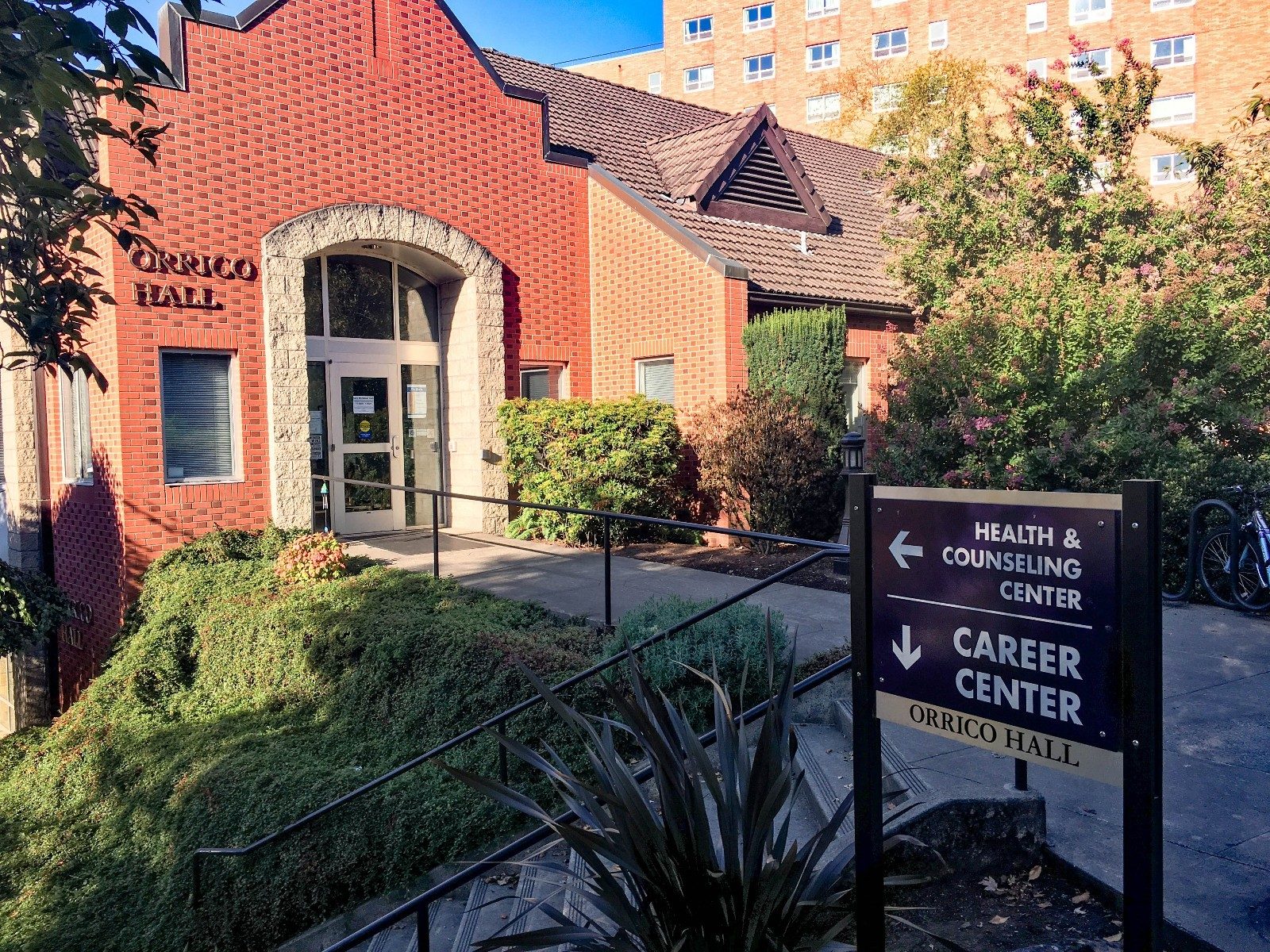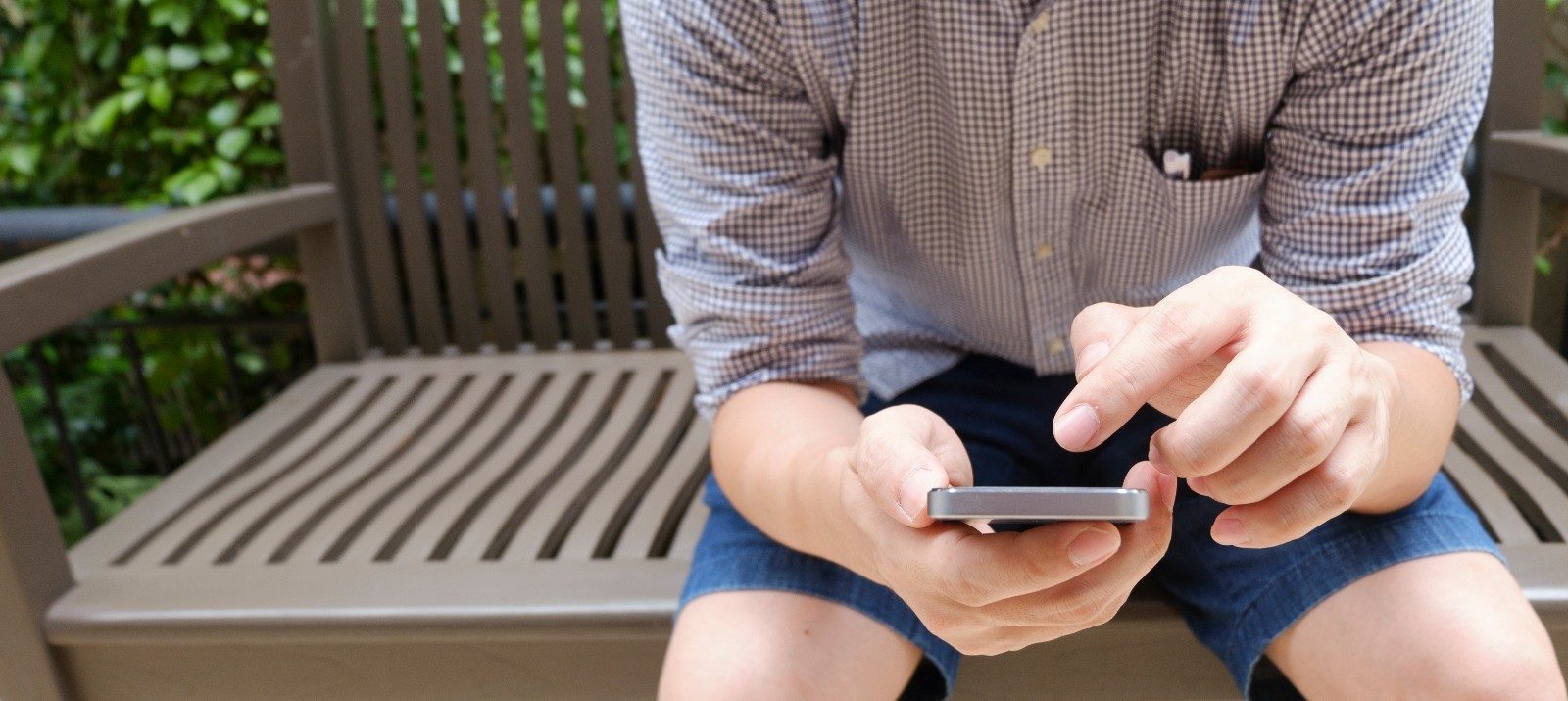We’ve all been in a crunch over the past week and a half as the spread and unknown reach of the Coronavirus sent us all on many directions. During this time, our colleagues have been learning new systems like Microsoft Teams and TechSmith Relay, and our students have been trying to adjust to our online…Continue Reading Teaching and learning resources for these trying times
Tag: student resources
Intersections? How diversity, mental health, and teaching might mix

This post is an entry for Part III of the Mentally Healthy resource guide for UP faculty and academic staff working with students who might have mental health concerns. Anyone paying attention to higher education in recent years is well aware of two pressing issues on regular repeat: changing perceptions of student mental health needs, and the…Continue Reading Intersections? How diversity, mental health, and teaching might mix
Who; What; Where; When; Why: A Quick Primer-Reminder on Mental Health Services for Students at UP

Even for faculty and academic staff paying careful attention to student mental health, it can be helpful to remind ourselves how things work at UP. So here is a quick primer (or, more hopefully, a reminder) about what is available through UP’s counseling services to students who seem to be struggling in our classes for…Continue Reading Who; What; Where; When; Why: A Quick Primer-Reminder on Mental Health Services for Students at UP
Kids These Days: The Media (and Social Media) on Student Mental Health

In recent weeks several major feature articles have perpetuated a growing trend to portray today’s students – particularly those in high school and college – as unusually fragile and disposed to mental health problems. First, in a September article in The Atlantic provocatively titled “Have Smartphones Destroyed a Generation?” psychologist Jean Twenge suggested we are…Continue Reading Kids These Days: The Media (and Social Media) on Student Mental Health
To Whom do you Refer? The People on UP’s Counseling Staff

When we on the academic side of the University have concerns about the mental health of our students, one of our obvious resources is the staff of the UP Health and Counseling Center. Whether we get there via Early Alert or through a direct contact, it can be helpful for faculty and academic staff to…Continue Reading To Whom do you Refer? The People on UP’s Counseling Staff